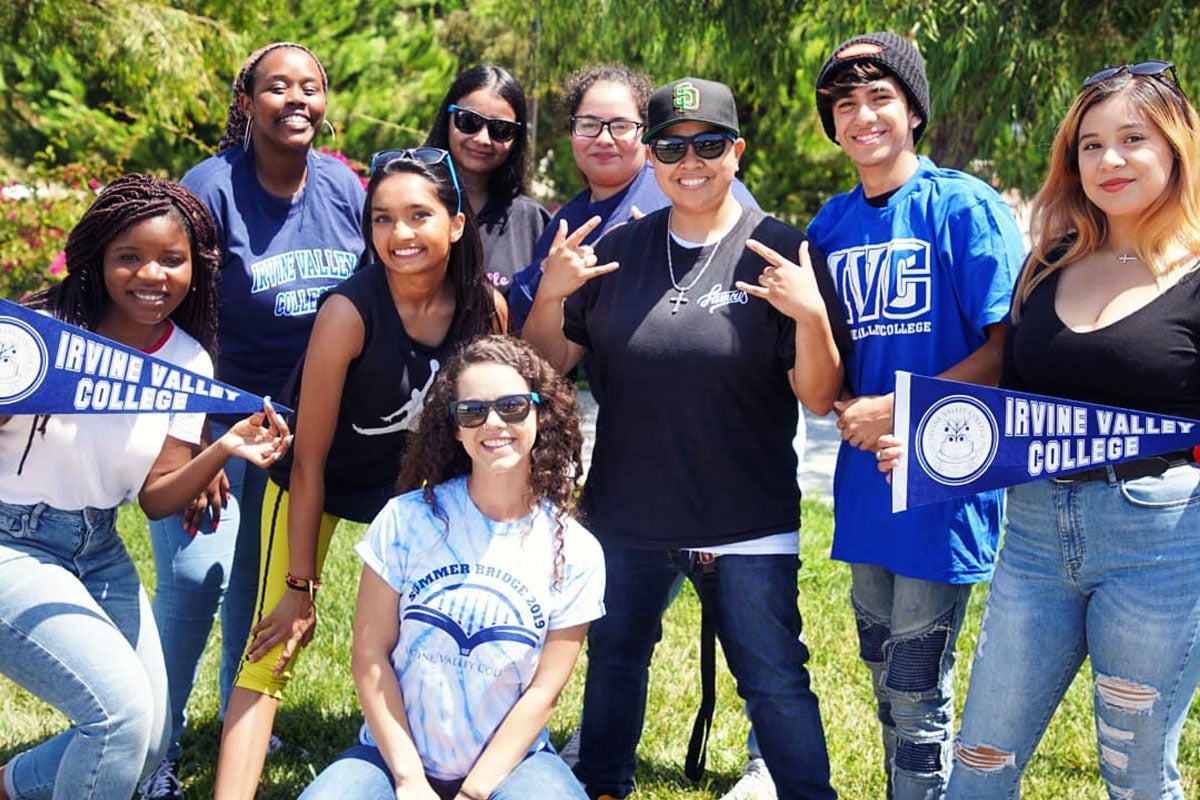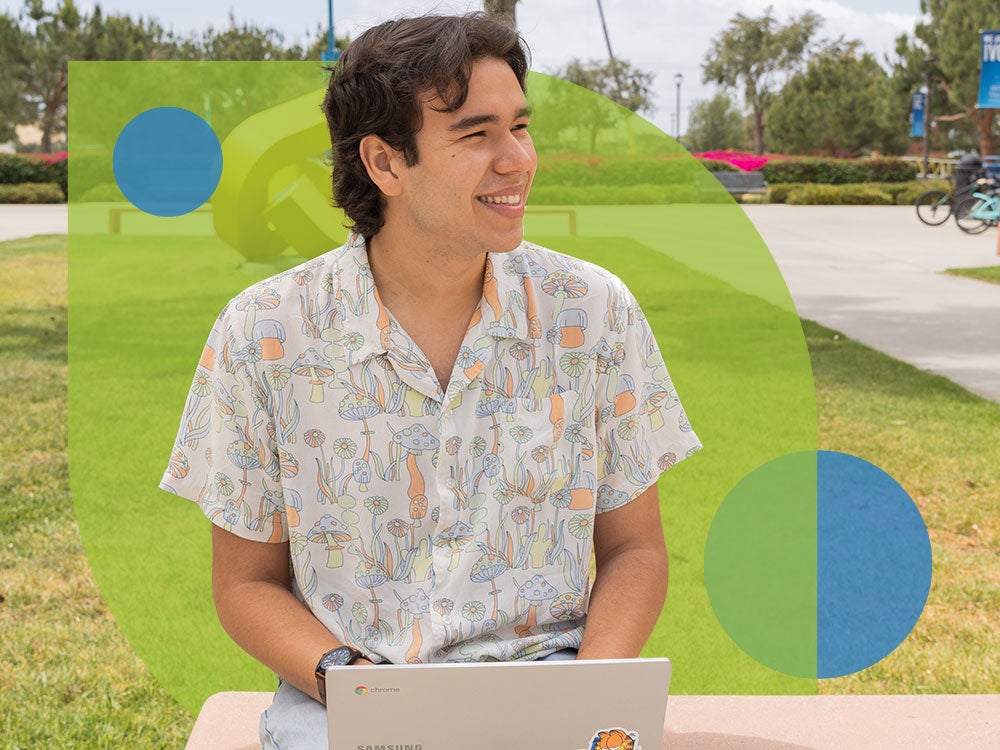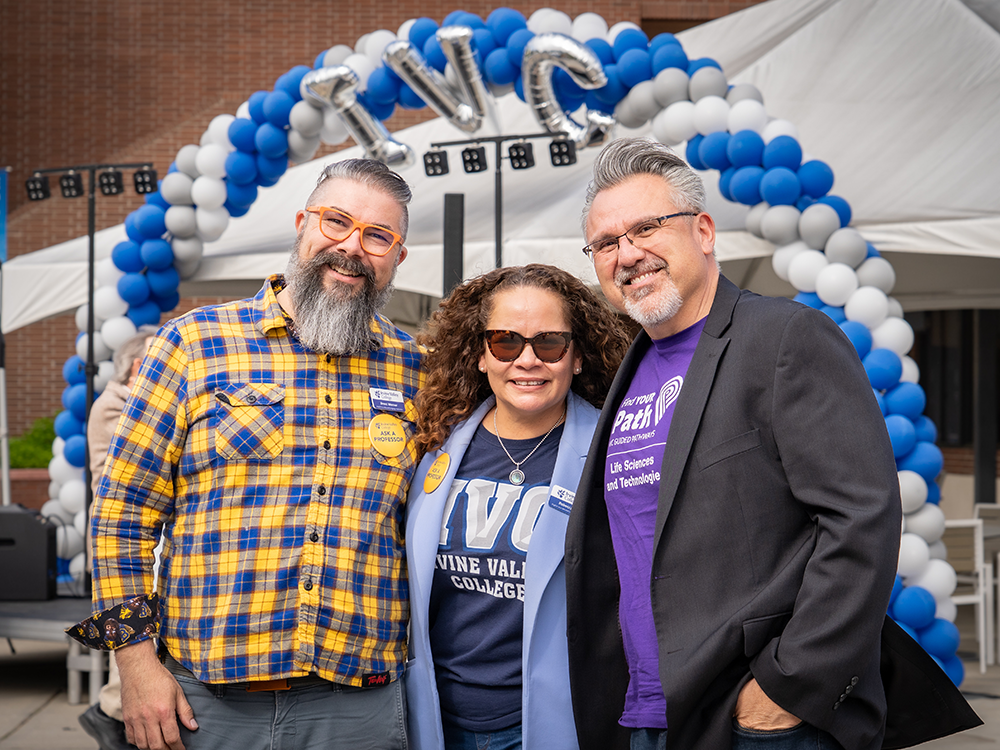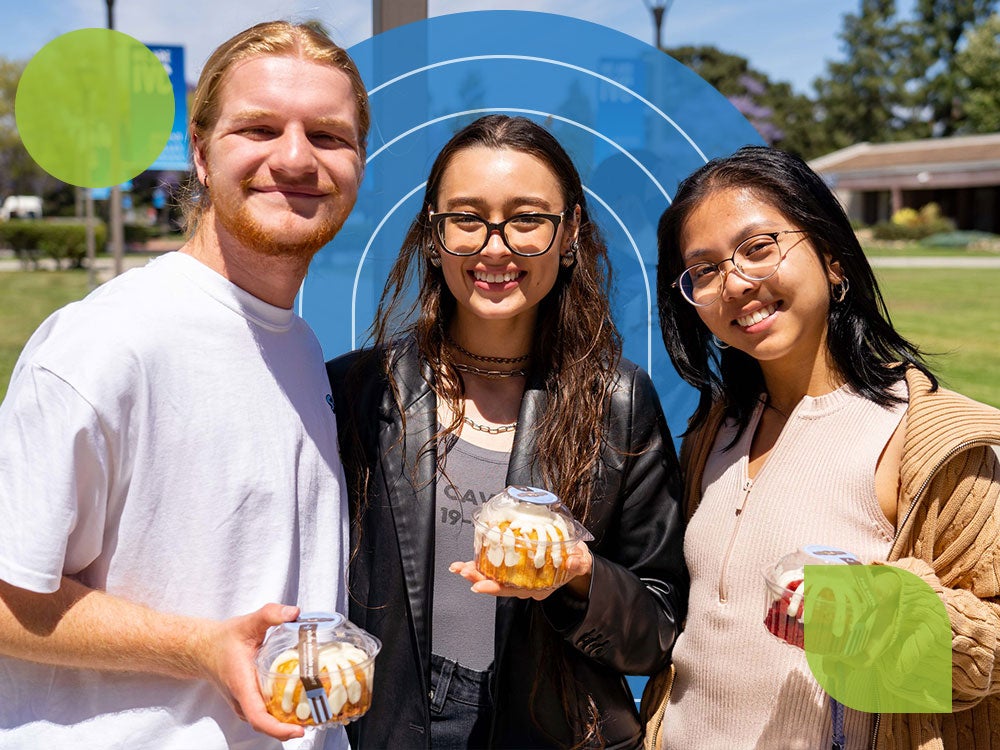Contributed By Rebecca Beck
Professor of ESL, Vice President of Equity- Academic Senate, PAC-DEI Tri-Chair
This spring semester, 20 IVC faculty are participating in a semester-long community of practice, Enacting Educational Equity (E3) at IVC, led by Dr. Jeremiah J. Sims, a justice-centered, antiracist educator, trainer and author of Minding the Obligation Gap in Community Colleges and Beyond, the text our IVC campus community read this past fall as part of the district-wide “Reading for Equity'' series coordinated by the President’s Advisory Council for Diversity, Equity, and Inclusion (PAC-DEI) tri-chairs. This community of practice is an intentional series of workshops designed to equip faculty with skills, strategies, and tools in areas of transformative pedagogy and cultural fluency to assist them as they become more equity-minded and culturally proficient educators. This inaugural E3 cohort began meeting for two hours on Friday, Feb 11 and will continue meeting bimonthly until May 20.
When asked to describe his methodology for this learning series, Dr. Sims states, “My goal is to employ love as praxis. Praxis, as defined by Freire (1987) is a recursive process of understanding theory, then putting into practice said theory; then, finally, reflecting on both the theory and the practice to ensure that it achieved liberation. Reflection is key.” To engage in this reflection, Dr. Sims facilitates conversation around oppression, privilege, and student success and encourages participants to examine their own teaching practices and accept responsibility for their students’ success in holistic, comprehensive ways.
In addition to the influence of Brazilian educator Paulo Freire in his work of creating culturally relevant, responsive, and liberating teaching pedagogy, Dr. Sims also employs John Dewey and his practical approach of using students’ real experiences as a starting point for reflection and learning. To this point, Dr. Sims explains, “Dewey challenged a revered axiom when he argued that experience is not, in fact, the best teacher. Instead, Dewey argued that reflecting on experience (praxis) is where real, potentially transformative learning takes place.” This approach is evident when Sims invites participants to analyze their own educational journeys, and how they may differ from their students’ trajectories.
To round out the explanation of his teaching philosophy for E3, Dr. Sims concludes, “Dr. Cornel West argues that there is a radical love in freedom and radical freedom in love. This is what we are after. West also contends that “tenderness is what love looks like in private; justice is what love looks like in public. We are not talking about hokey love, or reactionary care—which is transactional, myopic, and disingenuous. Instead, we are talking about revolutionary love. A love that necessitates a radical reimagining of structures of power, that demands paradigm-shifting interrogation; a love that is proactive, transformative, and wholly invested in treating not only symptoms (like so-called achievement gap) but also chronic diseases like anti-Blackness, white supremacy, and racial capitalism. We are committed to always speaking to truth in love so that we can develop an institutional praxis, for IVC, that is predicated on equity, justice, and radical love.”
Since equitable and transformative pedagogical practices are created in order to eliminate the systemic, institutionalized barriers that disproportionately impact marginalized students, the training is also guiding faculty through a deeper understanding of two specific pedagogical frameworks: critical pedagogy (Freire, 1997, Giroux, 2010, Duncan Andrade & Morrell, 2011) and critical-reality pedagogy (Sims, 2018, Sims, et al., 2020, Wallace & Sims, 2021), respectively. The aim of these two pedagogical frameworks is to create opportunities for marginalized students to realize their full academic and human potential.
Lastly, in building upon the knowledge of socially just and culturally informed educational theories, participants will not only be able to create instructional designs that effectively engage all IVC students, but also reach a level of cultural competence that allows them to contribute to this large-scale, educational equity conversation with confidence and intentionality.
Through this collective work of learning and practicing, we, as faculty, can encourage, support, and empower one another to become more equity-minded educators, and create justice-centered, agency-inciting and meaning-making spaces for all of our students. In doing so, we will achieve educational equity and ultimately, justice.
If you have any questions about how to join the Fall 2022 cohort of E3, please email Rebecca Beck.





